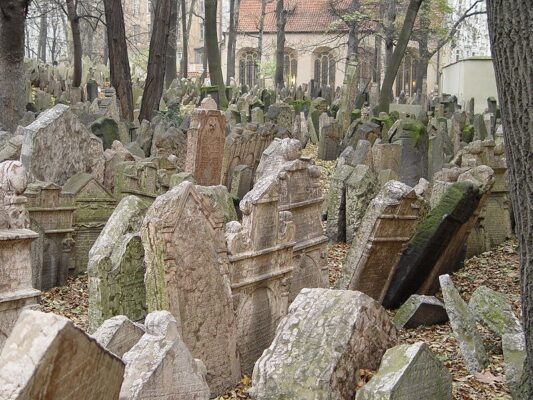
A great loss to Syrian and Iraqi culture came from the intentional destruction of many ancient sites and artifacts of those people that came before the modern era, practiced ancient religions and spoke languages that may never be spoken again. With the disappearance of those heritage sites comes new ways of discovering the ethnic and genetic roots of the original people that settled those lands. The families of many of those who are creating conflict and that are victims of mass conflict are rooted directly to those ancient cultures. What is even more telling is that the divisions in the region are among those that share the same DNA makeup. While divisions abound in the region, modern science shows us that opposing groups and religions are really the same people when we look into their family histories.
Many smaller ethnic groups in Syria and Iraq have been the target of mass genocide in recent years. With the targeting of cultural sites that garnered a lot of international attention, the systemic murder of entire communities passed by the same media cycle without hardly a mention in Western media. Modern 3D scans of some of the destroyed ruins saved some imaging and perhaps can become a blueprint for the reconstruction of some ancient sites. What cannot be restored however are the people, cultures that are some of the oldest and most well entrenched in human history being wiped out due to violence, ill-informed faith and a wider international society that forgot the lessons of the Holocaust.
The best method for preserving the knowledge of a culture is to provide a safe and liberated community for those survivors to speak freely about their life experiences and pass on their heritage to future generations. The surviving Yazidi communities that were able to escape ISIS terror and genocide have established some cultural centres abroad and are attempting to re-acquire humanity in the face of tragedy. There are still few efforts coming from the international community to help them seek some stability or free many of those still enslaved, and in some cases they have been placed in further danger without justification in communities intended to be peaceful.
Another method to preserve culture and heritage is to seek to understand their language, and by way of open communication, preserve some of their culture. Some ancient languages had laws regulating the translation of the text as to not alter the wording or sentences, so that the meaning would be preserved in its clarity. This was often done for religious reasons, but it links language to culture, and anyone who speaks more than their mother tongue will often be aware of the greater perspectives they share by being able to understand another world view via another language. Efforts to entrench language in places like smaller regions of the EU not only ensure the local culture of places like Calalunya, the Basque region, Friesland, Flanders, and Naples but preserves past heritage in order to contribute to the future culture of the region.
A new method for understanding and promoting cultural awareness is the popularity of DNA testing that shows the heritage of individuals and families though scientific discovery accompanied by historical understanding. Leaders in the field like Dr. Henry Louis Gates Jr. initially sought to give a detailed account of this history of cultural groups where past traumas had removed them from a detailed understanding of their ancestors. While discovering positive, and in many cases, difficult histories for many he assisted, the ability to re-open the past gives many people pride and direction in their personal lives. In many cases as well, cultures that have been lost to terror and genocide can use this method to regain some of their identity, and in a few examples it might even be able to be used as a tool to reclaim cultural artifacts and heritage once intentionally separated from those communities. To lose ones heritage creates an tremendous motivation to reclaim it. This is best understood by those who live with that loss.